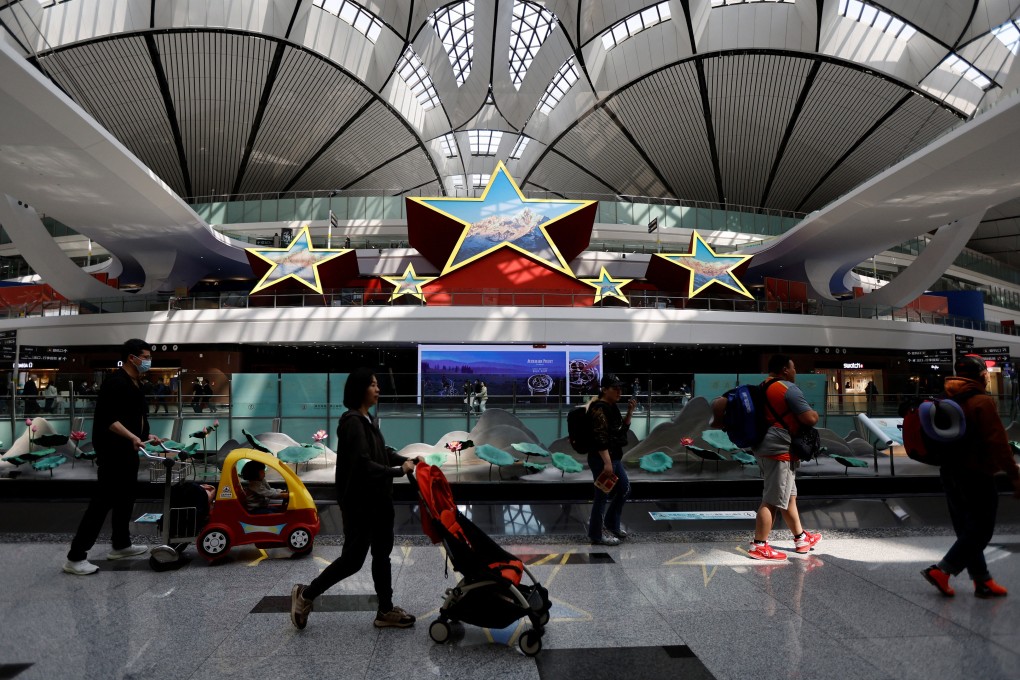Advertisement
Chinese trade, tourism to gain as WHO declares end to Covid-19 global emergency, top disease expert says
- WHO declaration is ‘likely to reduce the disruptions’ for China’s international trade, tourism and academic exchanges, Liang Wannian tells Xinhua
- China will continue to monitor coronavirus variants, pandemic response chief pledges, as WHO cautions against letting down guard
Reading Time:2 minutes
Why you can trust SCMP

Fran Luin Beijing
The end of the coronavirus pandemic emergency, as declared by the World Health Organization, is likely to “reduce the disruptions” for China’s international trade, tourism and academic exchanges, a top Chinese epidemiologist said.
China will also remain vigilant against the virus, pandemic response head Liang Wannian told state news agency Xinhua in Beijing.
The WHO downgraded the pandemic on Friday, nearly three years after declaring its highest level of alert against Covid-19.
Advertisement
The disease was no longer “a public health emergency of international concern”, WHO Director-General Tedros Adhanom Ghebreyesus announced, while cautioning that it still represented a significant global health threat.
“The worst thing any country could do now is to use this news as a reason to let down its guard, to dismantle the systems it has built, or to send the message to its people that Covid-19 is nothing to worry about,” Tedros said.
Advertisement
The WHO announcement represented hope for the end of an pandemic that has claimed millions of lives worldwide, while disrupting the global economy and supply chains.
Advertisement
Select Voice
Select Speed
1.00x